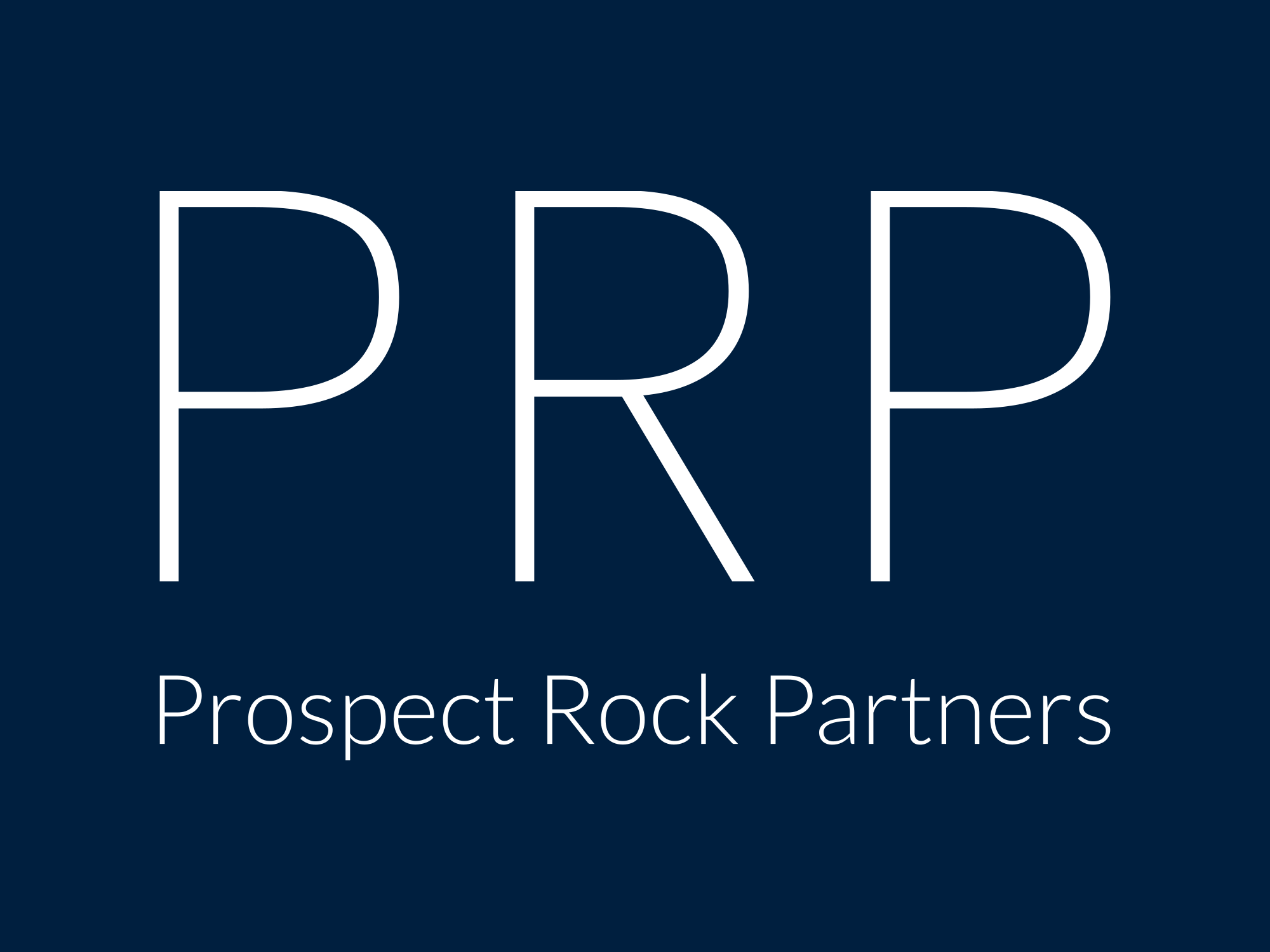Job searching involves understanding the unspoken etiquette of professional relationships, particularly with recruiters. When it comes to asking recruiters about potential roles, context and approach make all the difference.
The Nuanced Answer: It Depends on Your Approach
Directly asking recruiters “Do you have any roles I would be a good fit for?” without doing preliminary research can indeed come across as inconsiderate or lazy, especially in a challenging job market. Recruiters often manage dozens of positions and candidates simultaneously, and generic inquiries create additional work rather than meaningful connections.
The Reality of Recruiter Bandwidth
Expecting recruiters to remember your specific requests and preferences is often unrealistic:
- Recruiters typically juggle numerous candidates and positions simultaneously
- They interact with hundreds of professionals weekly
- People frequently change their preferences and requirements
- In dynamic industries like banking, career goals and interests shift rapidly
- Market conditions constantly evolve, changing which roles are available
The Right Way: Research First, Then Reconnect
Since recruiters can’t be expected to keep track of your changing preferences, the onus is on you to:
- Research current openings before each interaction
- Reconnect with recruiters periodically with updated preferences
- Keep your communications concise and specific to current opportunities
- Maintain records of which recruiters you’ve spoken with and what was discussed
- Follow up with targeted inquiries rather than expecting them to remember your situation
Effective Communication Strategies
Instead of assuming recruiters will remember your needs, try these approaches:
- “We spoke last month about opportunities in M&A. Since then, I’ve developed more interest in coverage. I noticed you’re currently recruiting for [specific risk role]. Would my background be relevant?”
- “I’m following up on our conversation from [specific date]. My priorities have shifted somewhat—I’m now more focused on [specific type of role] rather than the broader [previous interest area]. Do you currently have any openings that might align with this direction?”
- Keep a brief record of your previous interactions to reference in follow-ups
Final Thoughts
Building good relationships with recruiters requires understanding the constraints they operate under. Rather than expecting them to keep track of your evolving career interests, take ownership of the process by staying informed about current opportunities and communicating clearly about your updated preferences.
The most successful candidates recognize that recruitment is a collaborative process—not a set-and-forget arrangement. By managing your own career search proactively and making each interaction with recruiters specific and informed, you demonstrate the very organizational skills and initiative that make you valuable to potential employers.
Related posts:









